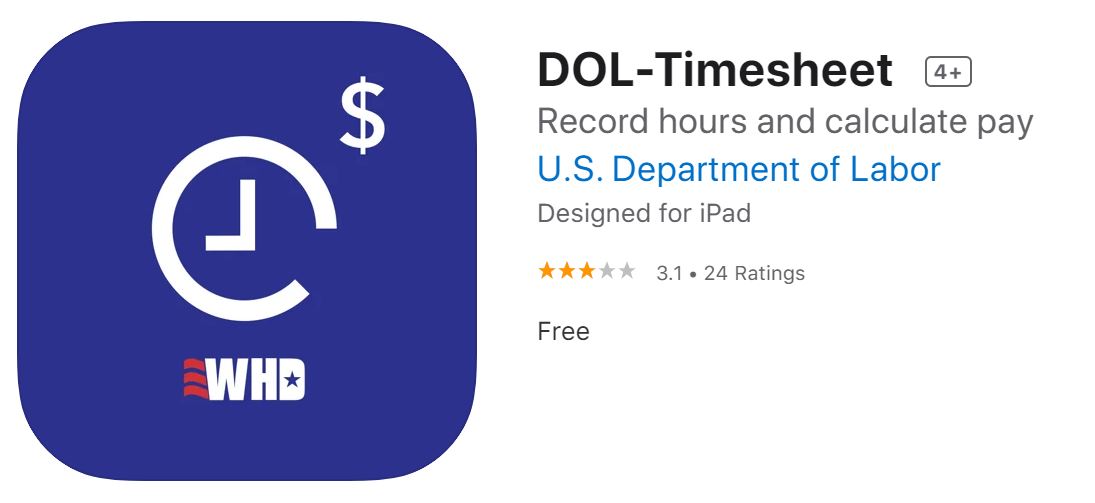
Even if you're operating your business in all the right ways, New York business owners are still at risk. The DOL has vast resources to investigate you, and they will stop at nothing to stand up for your employees' rights. How much time and resources would it take just to defend yourself?
By Larry Kagan, Founder & CEO, Baron Payroll
At Baron, we believe our job is more than checking just the basic boxes as other payroll companies do. We certainly take care of all that, but we go a few layers deeper to safeguard you. You don't know what you don't know. Our approach is to educate our clients about the New York wage and hour laws to protect you, your family, and your company from the risk of a full-blown DOL investigation. Which typically results in large-scale fines, bankruptcy…or even worse.
One example of this is the Department of Labor's Timesheet app, which is free to download and can trigger an extensive investigation. Every New York employer should know about this app and understand how dangerous this app is, so they defend themselves against it.
How does the DOL catch you?
DOL's investigative process usually begins with a complaint by a disgruntled employee triggered by the app.
Out of the corner of your eye, you see one of your employees typing away on their smartphone, and you immediately think they are sending a text. But, instead, they're using the DOL app and reporting you. The DOL app enables your employees to document all hours worked and, with an easy click of the "Take Action" button, email a report directly to the DOL, which in turn initiates an investigation.
The app gives employees a lot of power and the DOL a lot of ammunition to investigate you.
DOL audit vs. investigation – what's the difference?
An AUDIT implies a more narrowly tailored review of documents, reviewing your compliance with laws and regulations as well as your past performance.
INVESTIGATION implies a broader reach, including site visits to review documents, interview employees and managers, and inspect vehicles.
This is one of the scariest letters you can get
Here's what you can expect. First, you'll receive the Audit Notification letter in the mail, explaining the audit plan and scope. That's when you call your attorney or several attorneys if needed.
Next, the DOL will formally request your company documents. They will want payroll and time records for the past three years, along with a long list of other documents. They are looking for violations in tracking hours, keeping records, and calculating pay, to ensure that your employees receive all legal rights that you should cover.
You must have accurate time records of your own. And your timesheets need to tie out to the exact hours you paid your employees in your payroll records.
If you don't have any time records, there's no good way to dispute the employee's claims.
Can't produce all of the papers in five days? Guess what? The DOL will just believe your employee's claims and bill you.
Can you afford to pay double backpay damages for employment violations?
In addition to backpay, your employees may recover "liquidated damages"—an amount equal to the pay they should have received. That's double the money out of your pocket.
Going through an investigation by the Wage and Hour Division can wreak emotional and financial havoc on you and your business.
Did you know you are personally liable?
Oh, and by the way, you are personally liable for wage and hour violations, so you can't just close your business, close your bank accounts, and run away from this liability. The DOL is itching to get at your money, and they will come after your personal assets, like your house, to collect from you.
How to protect yourself and your business
The obvious first step is to make sure your employees are classified correctly as exempt from overtime and non-exempt. Next, you want to ensure your non-exempt employees receive pay for all hours worked and time-and-one-half for all hours worked over forty in a week.
You also need perfect records - preferably electronic records for timesheets and payroll. This way, it's easy to retrieve and quickly produce the documents even years later when the DOL comes asking.
You heard the saying: "you can pay me now, or you can pay me later." However, when dealing with the government and the DOL, you want to get this right upfront. Especially given the fact that you are personally liable.

